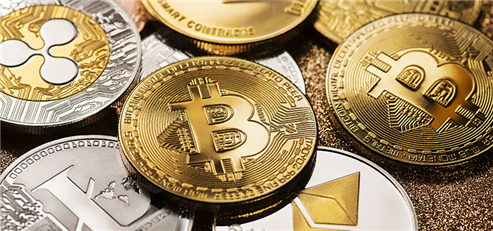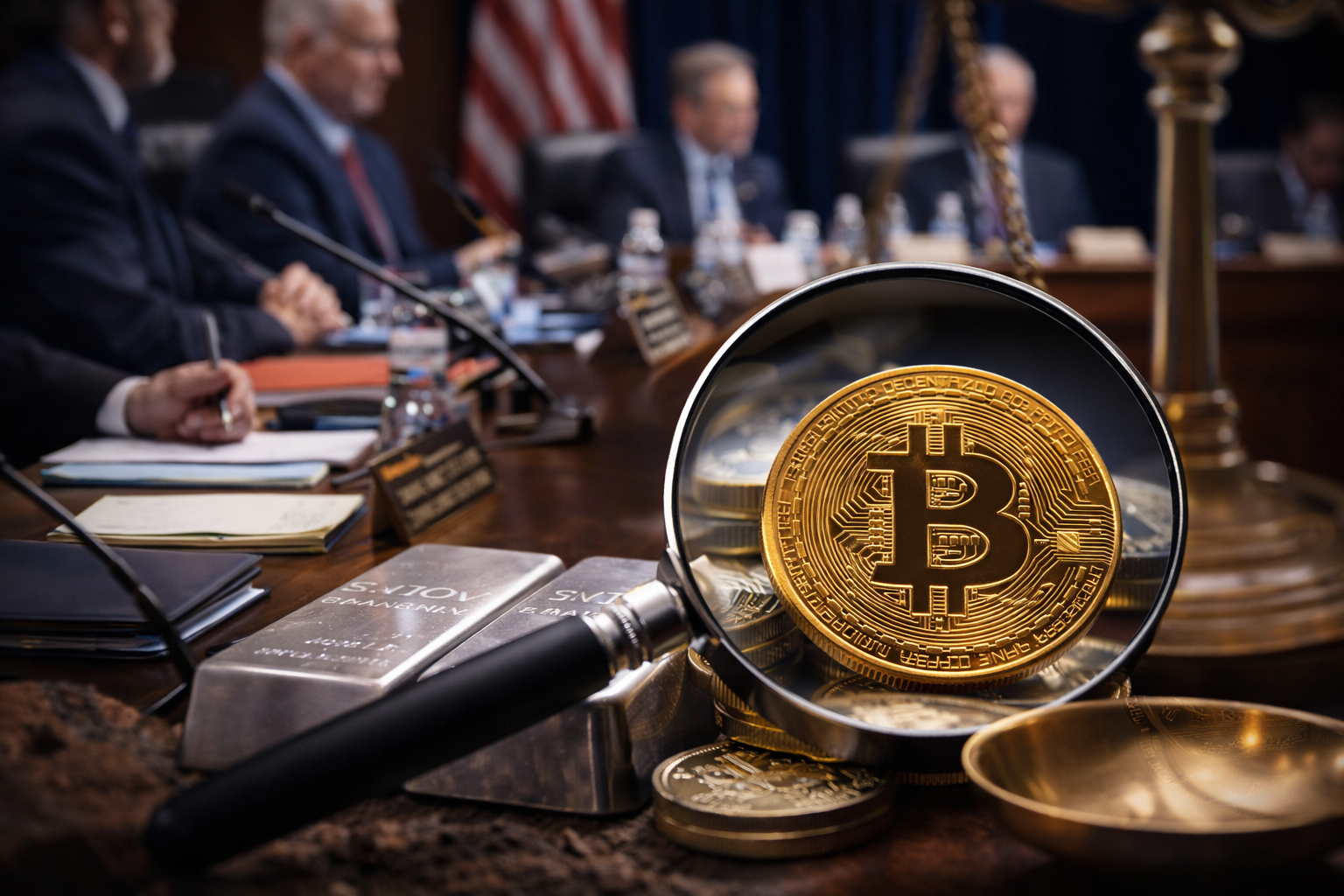The U.S. Securities and Exchange Commission (SEC) has ended its investigation into the %PayPal (NASDAQ: $PYPL) dollar-backed %Stablecoin called “PayPal USD.”
The year long investigation has ended without the Wall Street regulator taking any enforcement actions against PayPal, the company said in a regulatory filing.
The decision marks the latest move by the SEC to drop investigations and lawsuits against various cryptocurrency companies.
Since U.S. President Donald Trump returned to the White House this January, the regulator has informed more than a dozen crypto firms that it would drop investigations against them.
Stablecoins, which are cryptocurrencies pegged to the U.S. dollar or price of gold, have become a focal point in the debate over how digital assets should be regulated.
Lawmakers and regulators in the U.S. have questioned whether stablecoins resemble securities such as stocks or are more like money market funds.
For PayPal, the end of the SEC’s probe removes a key regulatory overhang as it continues to push deeper into blockchain-based payments and crypto.
The company launched its branded stablecoin on the Ethereum network in 2023 as a dollar-pegged stablecoin backed by short-term U.S. Treasury bills.
PayPal has said that its stablecoin is designed for use in peer-to-peer payments, commerce, and decentralized applications.
Stablecoins are quickly becoming the hottest trend in the crypto sector.
Companies such as %Mastercard (NYSE: $MA), %Visa (NTSE: $V), and Dutch bank ING (ING) are each joining the stablecoin industry.
Venture capital firm Andreessen Horowitz recently said that stablecoins are having a “WhatsApp Moment” related to money transfers.
PayPal announced that it’s set to start offering American customers a 3.7% yield on balances of its stablecoin, upping the ante in what’s being called a “stablecoin war” among payment firms.
The stock of PayPal has fallen 24% this year to trade at $65.41 U.S. per share.





